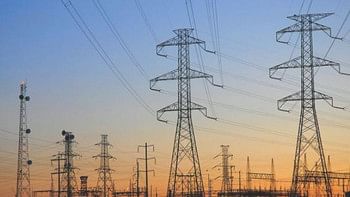Tobacco tax to benefit multinationals
Multinational tobacco companies will benefit from the proposed budget as the finance minister has not increased the prices of medium and high segment cigarettes.
This goes against public health and the prime minister's pledge to make the country free of tobacco by 2040, said anti-tobacco campaigners who think tobacco industries have a strong lobby to influence the government tax policy.
For medium and high segment cigarettes that now cost Tk 45 and above per 10 sticks, the supplementary duty has been hiked only by one percentage point -- from 61 percent and 63 percent to 62 and 64 percent.
“If we consider the rise in per capita income and inflation, consumers will be able to buy the same amount of cigarettes at lower prices,” said a statement issued by anti-tobacco campaigners PROGGA and Anti-Tobacco Media Alliance (ATMA).
The finance minister's effort to give privilege to the multinational tobacco companies is noticeable in this regard, which is a matter of concern, says the statement signed by PROGGA Executive Director ABM Zubair.
The budget proposed the prices of lowest slab of cigarette at Tk 23 from the existing Tk 18. However, supplementary duty (SD) on two kinds of bidi has been raised from 25 percent and 30 percent to 30 percent and 35 percent respectively.
The budget also proposed enhancing the SD on smokeless tobacco products (Jarda and Gul) from 60 percent to 100 percent. Anti-tobacco campaigners have lauded the move.
They, however, were critical of the fact that the finance minister has not simplified the price slab system.
There are four price slabs for four types of tobacco products -- low, medium, high and premium. For each slab, there are different prices and taxes.
“Such a price and tax structure creates scopes for tobacco companies to dodge taxes by presenting medium category cigarettes as low category,” ABM Zubair had told The Daily Star earlier.
He said that while price and tax increase on non-smoking tobacco is fine, collecting tax from these products is difficult. Therefore, the National Board of Revenue has to take strong steps in this regard.


 For all latest news, follow The Daily Star's Google News channel.
For all latest news, follow The Daily Star's Google News channel. 







Comments